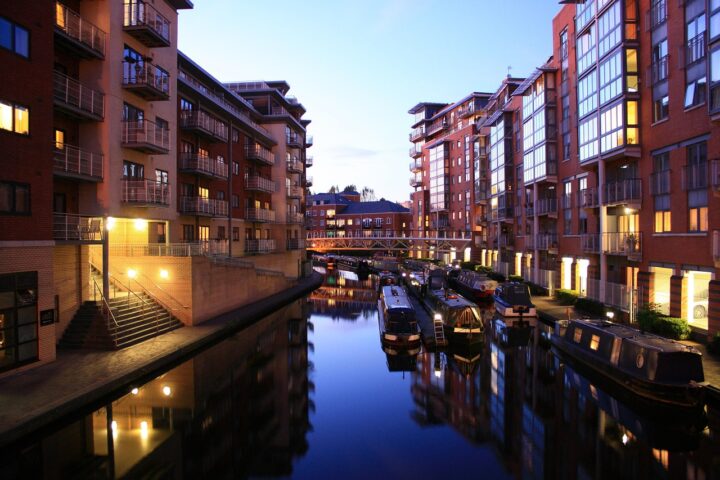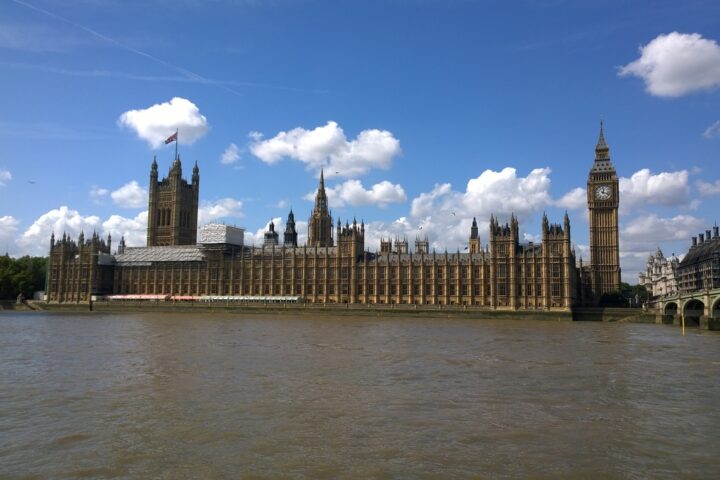British citizenship laws have evolved over the years, reflecting the changing dynamics of a globalized world. For children born outside the United Kingdom, the acquisition of British citizenship involves navigating through a set of regulations and criteria. This blog post aims to shed light on the process, eligibility criteria, and considerations for parents seeking British citizenship for their children born abroad.
Understanding Citizenship by Descent
One of the primary avenues for acquiring British citizenship for children born abroad is through the principle of “citizenship by descent.” This means that children born to British citizens outside the UK may be eligible for citizenship. However, the rules surrounding citizenship by descent can be intricate, and various factors come into play.
Eligibility Criteria
At Least One British Parent: The child must have at least one parent who is a British citizen at the time of their birth. This parent can be either the mother or the father, and the citizenship status must be confirmed.
Legitimate Birth: The child must be born in wedlock or legitimate for them to qualify for citizenship by descent. This requirement ensures that the child’s relationship to the British parent is legally recognized.
Post-1983 Births: For children born before July 1, 2006, the rules may differ. It is crucial to check the specific regulations applicable to the year of the child’s birth.
Registration Process: In most cases, children born abroad must be registered as British citizens. This involves submitting the necessary documentation and fulfilling the requirements stipulated by the UK government.
Steps in the Registration Process
Completing the Appropriate Form: Parents need to complete the relevant form for registering their child as a British citizen. The form typically requires details about the child’s birth, the British parent’s citizenship status, and other relevant information.
Gathering Supporting Documents: Certain documents, such as the child’s birth certificate and evidence of the British parent’s citizenship, are usually required. It is essential to ensure that all supporting documents are accurate and up-to-date.
Application Submission: The completed form and supporting documents must be submitted to the UK Visas and Immigration (UKVI) department. This can often be done online, streamlining the application process.
Application Fee: There is usually an associated fee for registering a child as a British citizen. It is important to check the current fee structure and make the payment as part of the application process.
Considerations and Caveats
Dual Nationality: The acquisition of British citizenship for a child born abroad may not necessarily affect their existing nationality. Many countries allow dual citizenship, but it is crucial to check the rules of the country in which the child was born.
Time Constraints: There may be time constraints for registering a child as a British citizen. It is advisable to initiate the process promptly after the child’s birth to avoid any complications.
Legal Assistance: Given the complexity of citizenship laws, seeking legal advice or assistance can be beneficial. Immigration lawyers specializing in British nationality law can provide guidance and ensure that all requirements are met.
Changes in Legislation: Citizenship laws can be subject to change. It is advisable to stay informed about any updates or amendments that may impact the eligibility criteria or application process.
Navigating British citizenship for children born outside the UK involves a thorough understanding of the eligibility criteria, the registration process, and various considerations. As global mobility increases, many families find themselves in situations where their children are born abroad, making it imperative to comprehend the nuances of citizenship by descent. By adhering to the outlined steps and staying informed about relevant regulations, parents can successfully navigate the path to securing British citizenship for their children born overseas.
For more information you can can contact us or call us at 07500242494 / 020 3129 5156.




